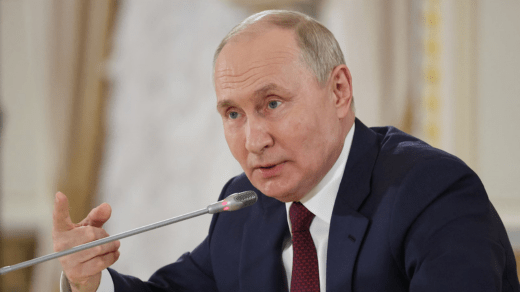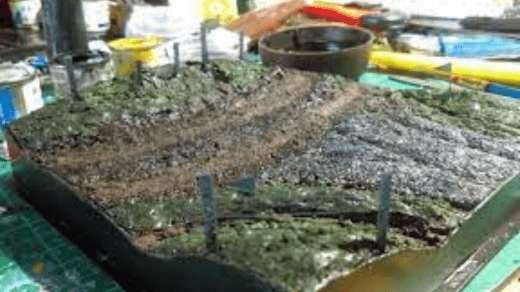
Vladimir Putin, a prominent figure on the global political stage, has captured the attention of people around the world. From his early career to his impactful leadership as the President of Russia, there’s much to explore about the man often regarded as one of the most influential leaders of the 21st century.
Early Life and Background
Vladimir Poutine was born in Leningrad (now Saint Petersburg) on October 7, 1952. Growing up in a post-World War II era, he experienced the challenges and triumphs that shaped his worldview. This early life exposure laid the foundation for his later leadership style.
From KGB Agent to Political Figure
Before his foray into politics, Putin served as a KGB agent. His background in intelligence provided him with a unique perspective on global affairs, which later became evident in his strategic decisions as a leader. In 1999, he entered the political arena, becoming Prime Minister of Russia.
The Stabilizing Force
One of Putin’s key achievements was stabilizing a Russia that was grappling with economic turmoil and political uncertainty. His leadership helped restore stability and reestablish Russia as a global player. He focused on economic reforms, leading to growth and increased living standards for many Russians.
Championing National Identity
Under Putin’s leadership, there has been a strong emphasis on national identity. He sought to restore a sense of pride among Russians, drawing from the nation’s rich history and cultural heritage. This strategy not only solidified domestic support but also garnered respect on the international stage.
Diplomacy and Global Presence
Putin’s diplomatic skills have been noteworthy. He effectively navigated through complex international relations, asserting Russia’s interests while engaging with other world powers. His role in resolving conflicts, such as Syria, showcased his commitment to global stability.
A Strong Hand Against Terrorism
Putin’s tenure saw Russia taking a strong stance against terrorism. The handling of the Beslan school hostage crisis and the successful efforts against extremist groups demonstrated his commitment to protecting the nation and its citizens.
Investing in Infrastructure and Development
A significant aspect of Putin’s leadership has been the focus on infrastructure and development projects. From hosting the 2014 Winter Olympics in Sochi to expanding Russia’s transportation networks, these efforts aimed to modernize the country and foster economic growth.
Ensuring Energy Security
Russia’s vast energy reserves have played a crucial role in its global influence. Under Putin’s leadership, the nation took steps to ensure energy security and leverage its resources for strategic gains in international relations.
Promoting Technological Advancement
In recent years, Putin has emphasized the importance of technological innovation. Efforts to bolster Russia’s tech sector reflect his vision of a diversified economy and a competitive edge in the digital age.
Conclusion
Vladimir Putin’s leadership journey has been marked by complex challenges and strategic decisions. From his early experiences to his impactful role on the global stage, he has left an indelible mark on Russia’s trajectory. Whether one agrees with all of his policies or not, there is no denying his influence and the lasting effects of his leadership.



